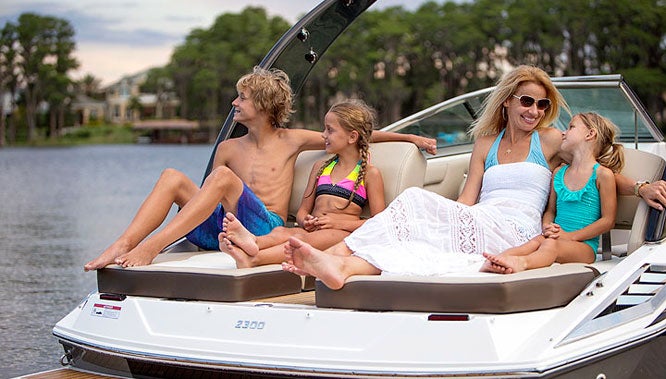
Few things in life can match the joy that comes from buying a boat. But with so many different styles of boats available, it’s easy to feel overwhelmed. Taking the time to consider your needs can help you narrow it down and find the perfect boat for you and your family. Ask yourself these essential boat shopping questions:
How Will You Use It?
Many boats are versatile enough to perform many types of tasks, while others are specialized for certain types of use. So the first step in selecting a boat is to determine how it will be used.
Picking a boat for a specialized activity is fairly straight-forward. If your sole interest is bass fishing or wakeboarding, then you find specialized bass boats and tow boats that are built just for you.
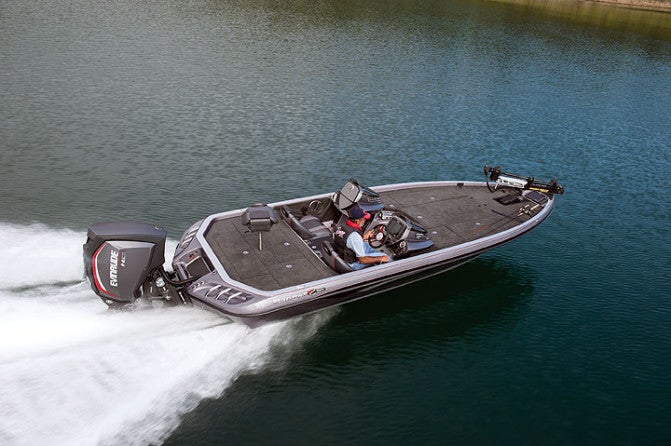
Specialized boats like this Ranger 521C bass boat excel at one thing, but may lack the versatility families require.
It gets more complicated if you want to fish with your buddies, pull the kids on tubes or skis, possibly try your hand at wake surfing, and definitely spend some time exploring the lake and maybe taking some remote family picnics here and there.
Do You Need A Trailer?
It’s also important to consider whether the boat will be kept at a marina or your own dock, or if you will need to trailer it to and from the water each time you use it.
In most parts of North America you can tow a boat up to 8 feet, 6 inches wide without requiring a special permit. If you’re going to tow your boat, that’s something to keep in mind.
How Large Is Your Crew?
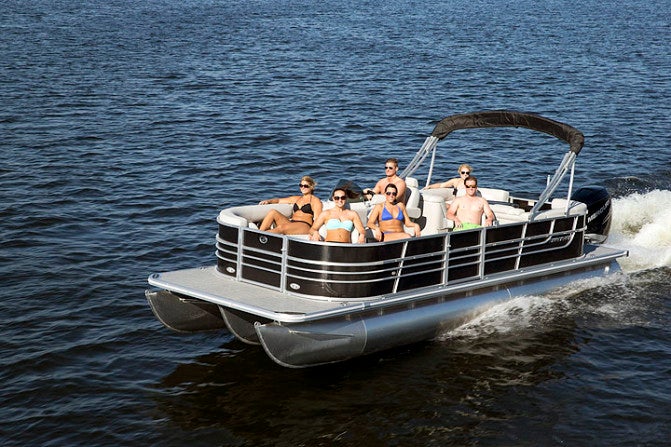
With their generous seating and spacioous layouts, pontoon boats can accommodate the whole family at once.
Another important consideration is the size of your crew, or the number of people you need to accommodate.
While some boats, like bass boats or center consoles, are most commonly used with a smaller number of people onboard, many deck boats or pontoon boats can comfortably seat a dozen people or more.
Inboard or Outboard?
Boats come with a variety of power options.
Inboard, or stern drives, house the engine inside the boat hull, leaving the transom clear. This arrangement allows boat designers to integrate useful features, like a full-width swim platform. The down side is that inboard or stern drive engines are heavier, and can be more complex to service.
Outboard engines bolt directly to the boat transom, which provides much easier access when performing regular maintenance. Outboards tend to be lighter in weight than an inboard or stern drive of comparable power. Further, they can be tilted clear of the water when not in use, to protect them from marine growth. The disadvantage to outboards is that they occupy a lot of space on the transom, and make it difficult to install features like full-width swim platforms.
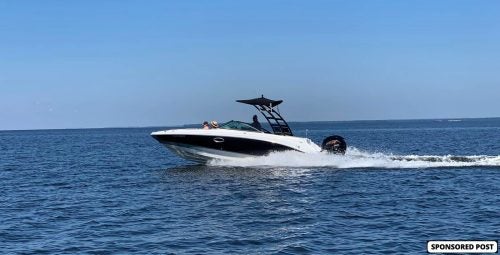
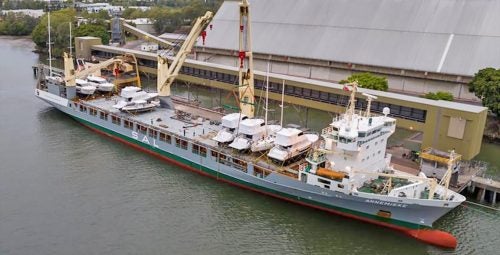
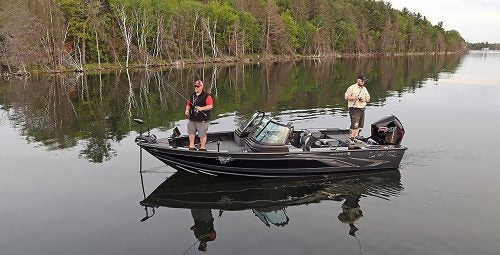
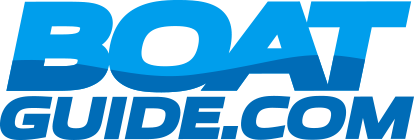

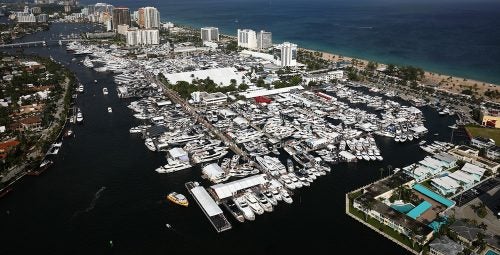 Fort Lauderdale International Boat Show Preview
Fort Lauderdale International Boat Show Preview 10 Best New Boat Accessories at IBEX 2021
10 Best New Boat Accessories at IBEX 2021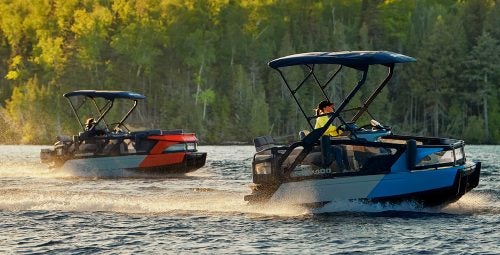 2022 Sea-Doo Switch Pontoon Boat Lineup Unveiled
2022 Sea-Doo Switch Pontoon Boat Lineup Unveiled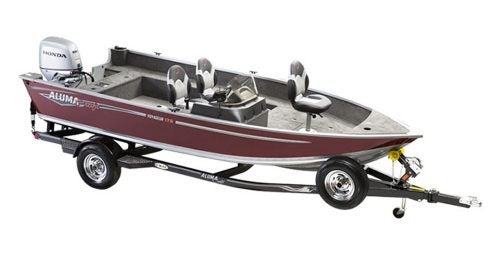 BRP Enters Fishing Boat Market with Purchase of Alumacraft Boat
BRP Enters Fishing Boat Market with Purchase of Alumacraft Boat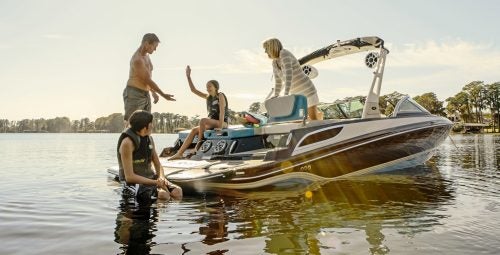 Volvo Commits To Electric Power By 2021
Volvo Commits To Electric Power By 2021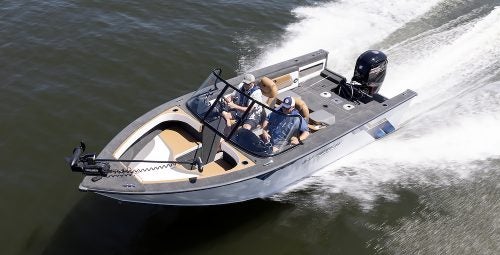 Starweld Victory 20 Review
Starweld Victory 20 Review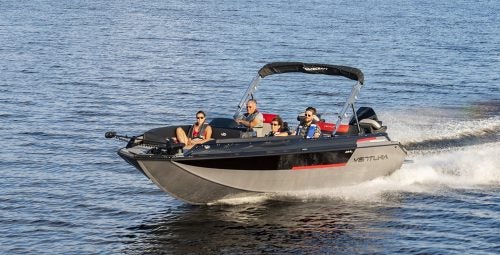 Princecraft Ventura 23 RL Review
Princecraft Ventura 23 RL Review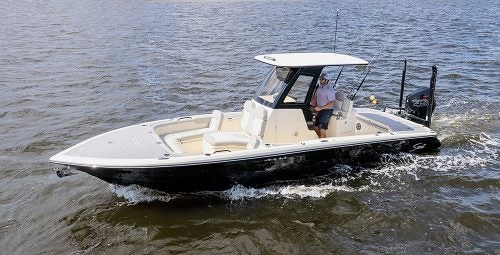 Scout 281 XSS Review
Scout 281 XSS Review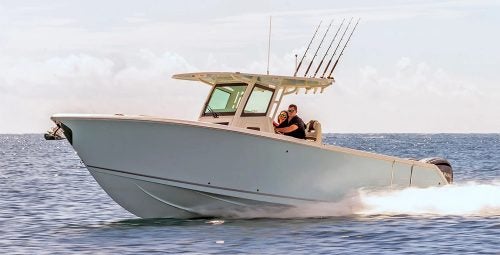 Sailfish 312CC Review
Sailfish 312CC Review Fuel Saving Tips For Boaters
Fuel Saving Tips For Boaters Best Boating Accessories
Best Boating Accessories Best Boating Apps
Best Boating Apps 5 Pontoon Boats That Are Made To Fish
5 Pontoon Boats That Are Made To Fish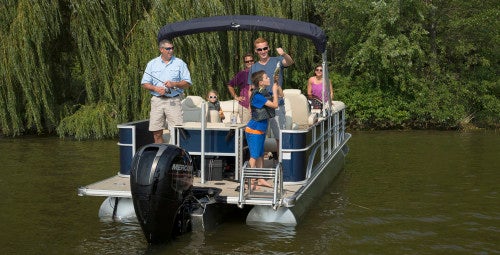 10 Great Small Pontoons
10 Great Small Pontoons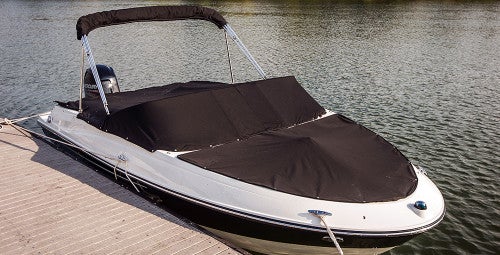 Your Boat Was Expensive—Do You Really Trust a $2 Rope From the Dollar Store to Secure It?
Your Boat Was Expensive—Do You Really Trust a $2 Rope From the Dollar Store to Secure It?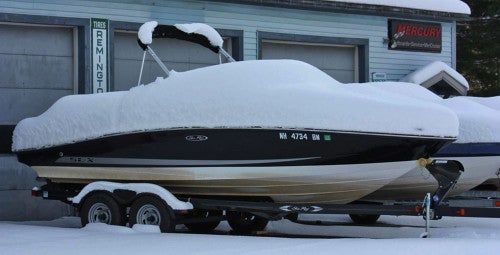 Do I Need Insurance Coverage Against Ice or Freezing Damage?
Do I Need Insurance Coverage Against Ice or Freezing Damage?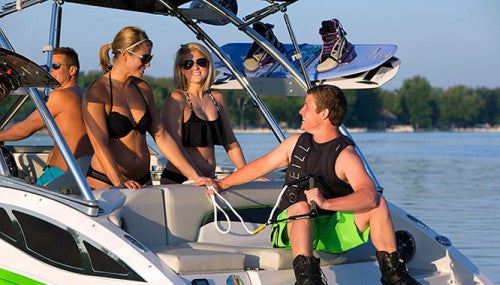 What Kind Of Insurance Coverage Do I Need?
What Kind Of Insurance Coverage Do I Need?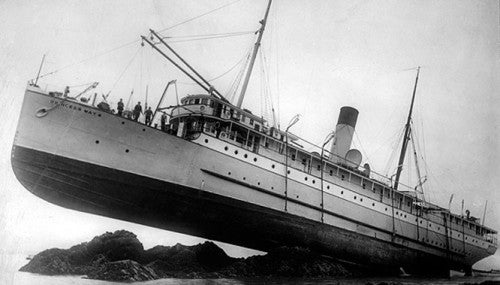 What About Salvage?
What About Salvage?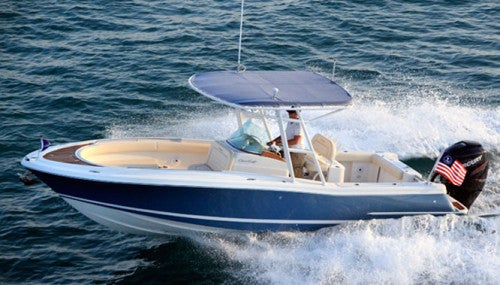 Boat Insurance or Yacht Insurance?
Boat Insurance or Yacht Insurance?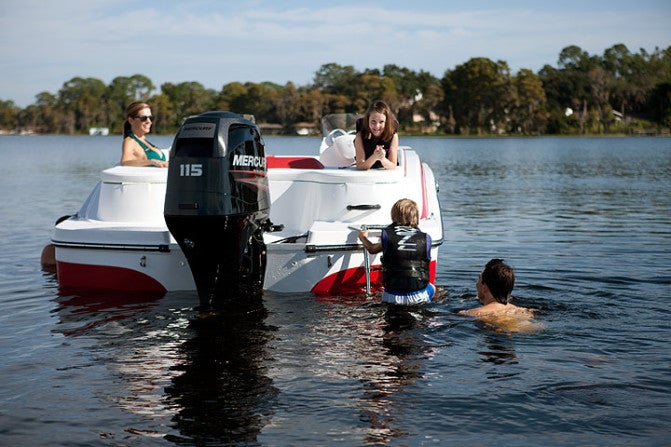
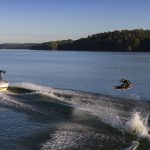


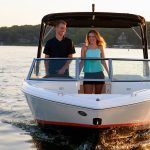
 The Best Bowriders For The Money
The Best Bowriders For The Money
 The Wildest Concept Yachts
The Wildest Concept Yachts
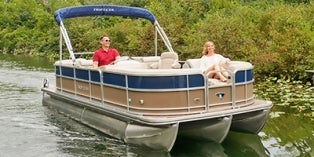 2016 Trifecta 200 Series 220FCR
2016 Trifecta 200 Series 220FCR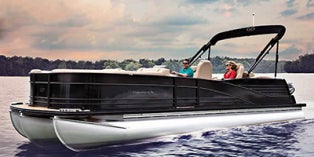 2016 Harris Grand Mariner SL 270 DL
2016 Harris Grand Mariner SL 270 DL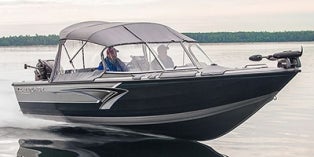 2016 Crestliner Authority 2050
2016 Crestliner Authority 2050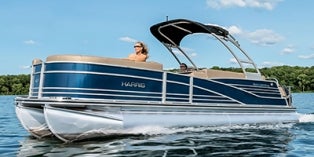 2016 Harris Grand Mariner SL 230 DLDH
2016 Harris Grand Mariner SL 230 DLDH
